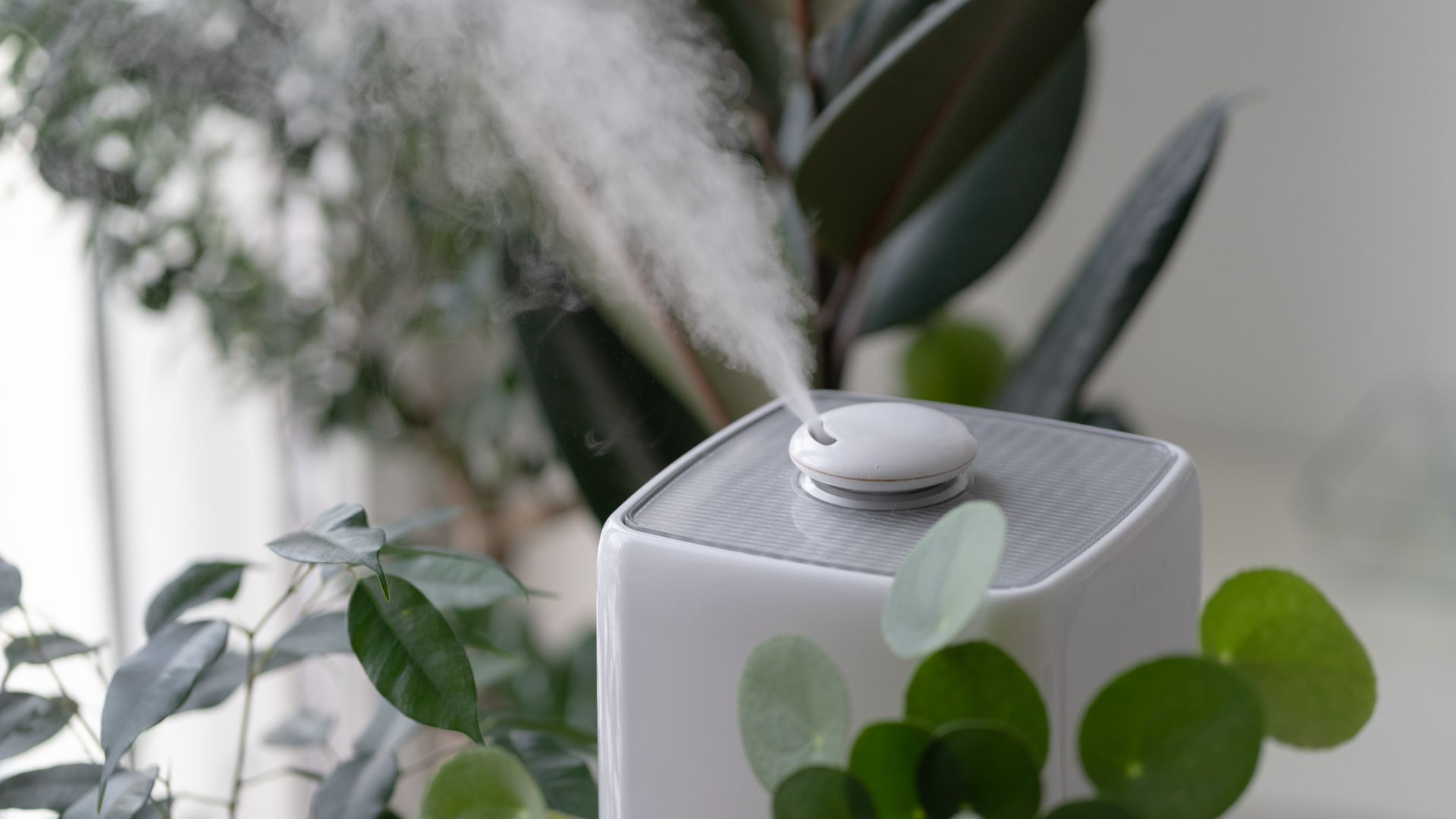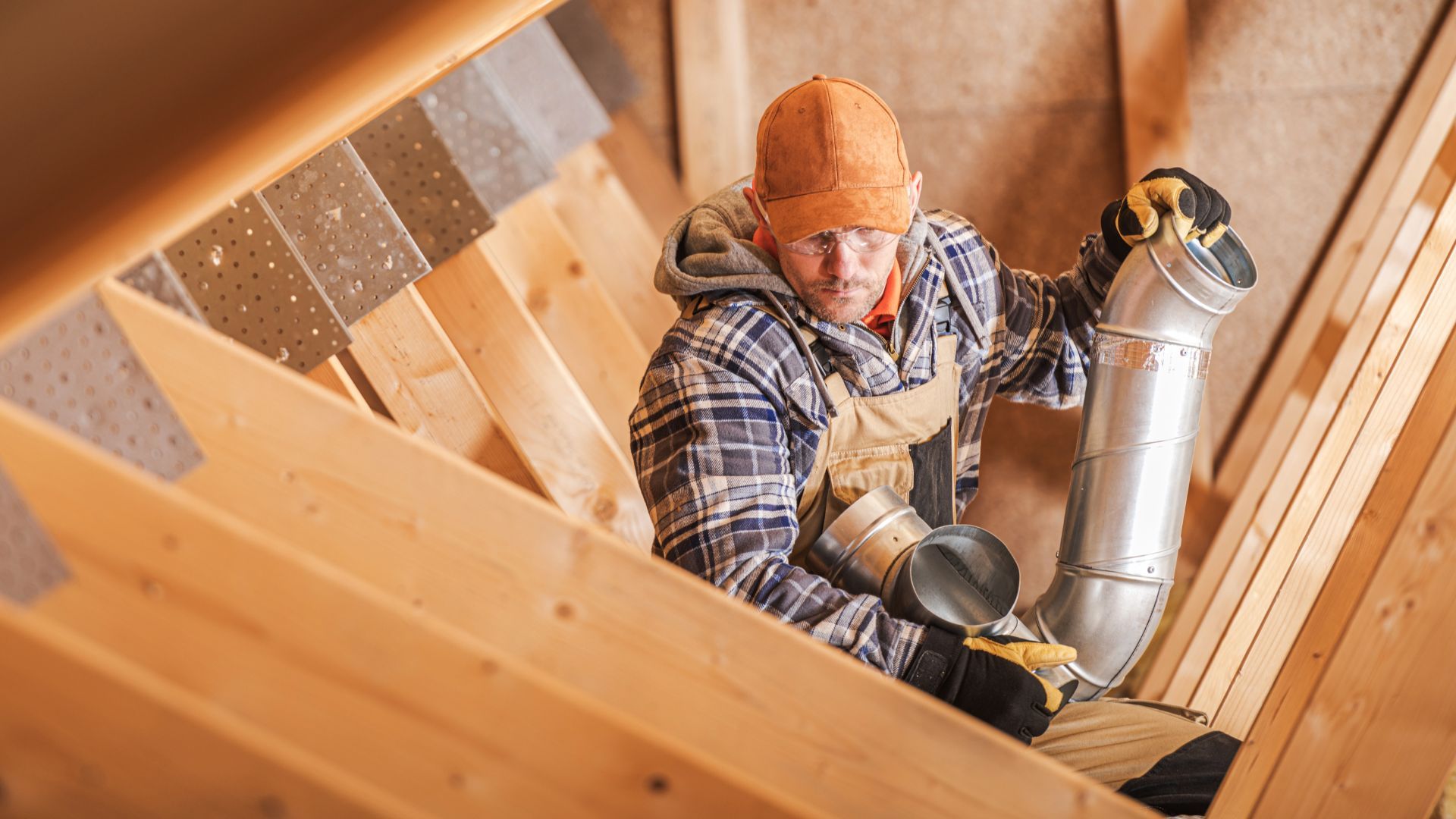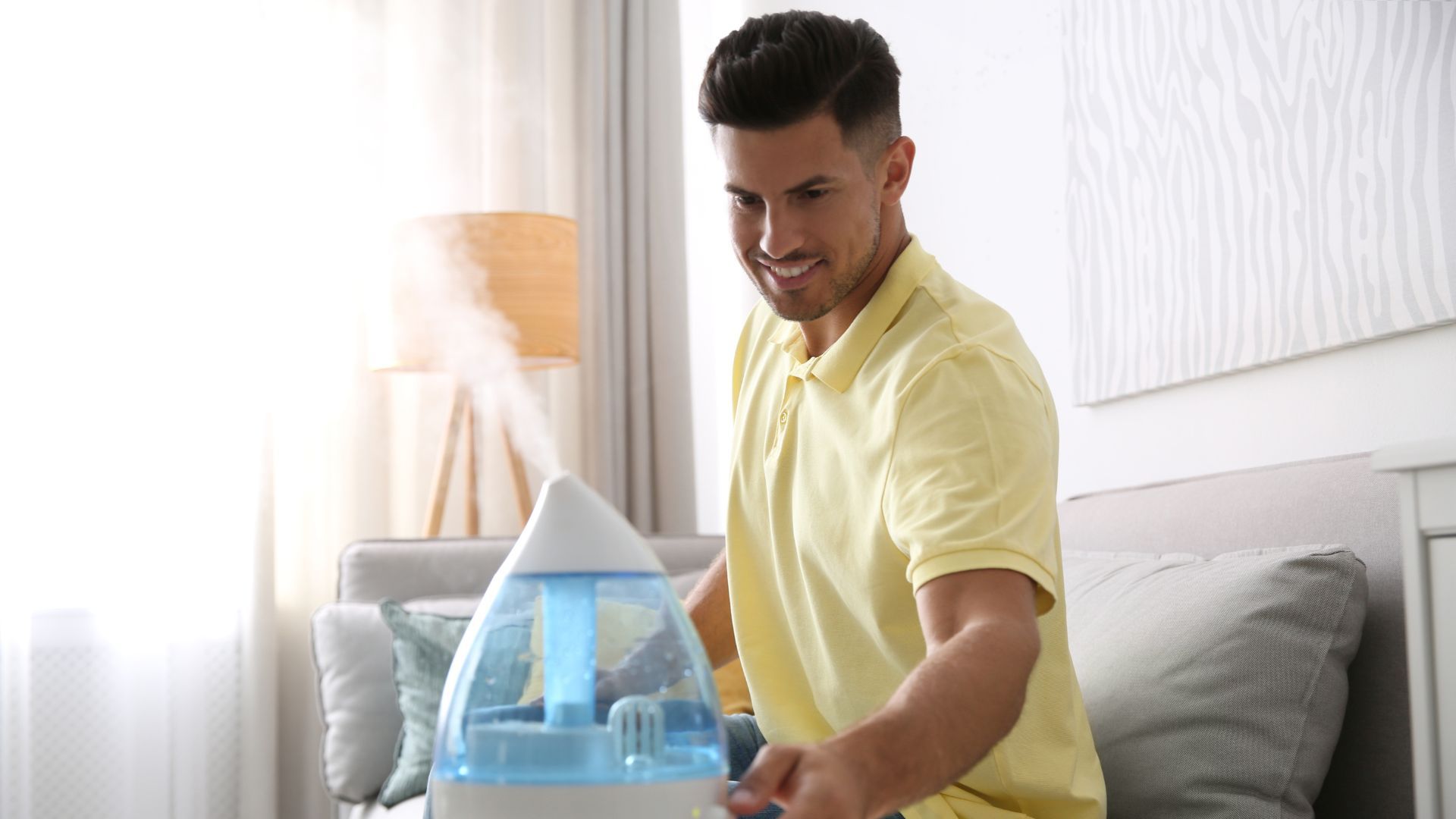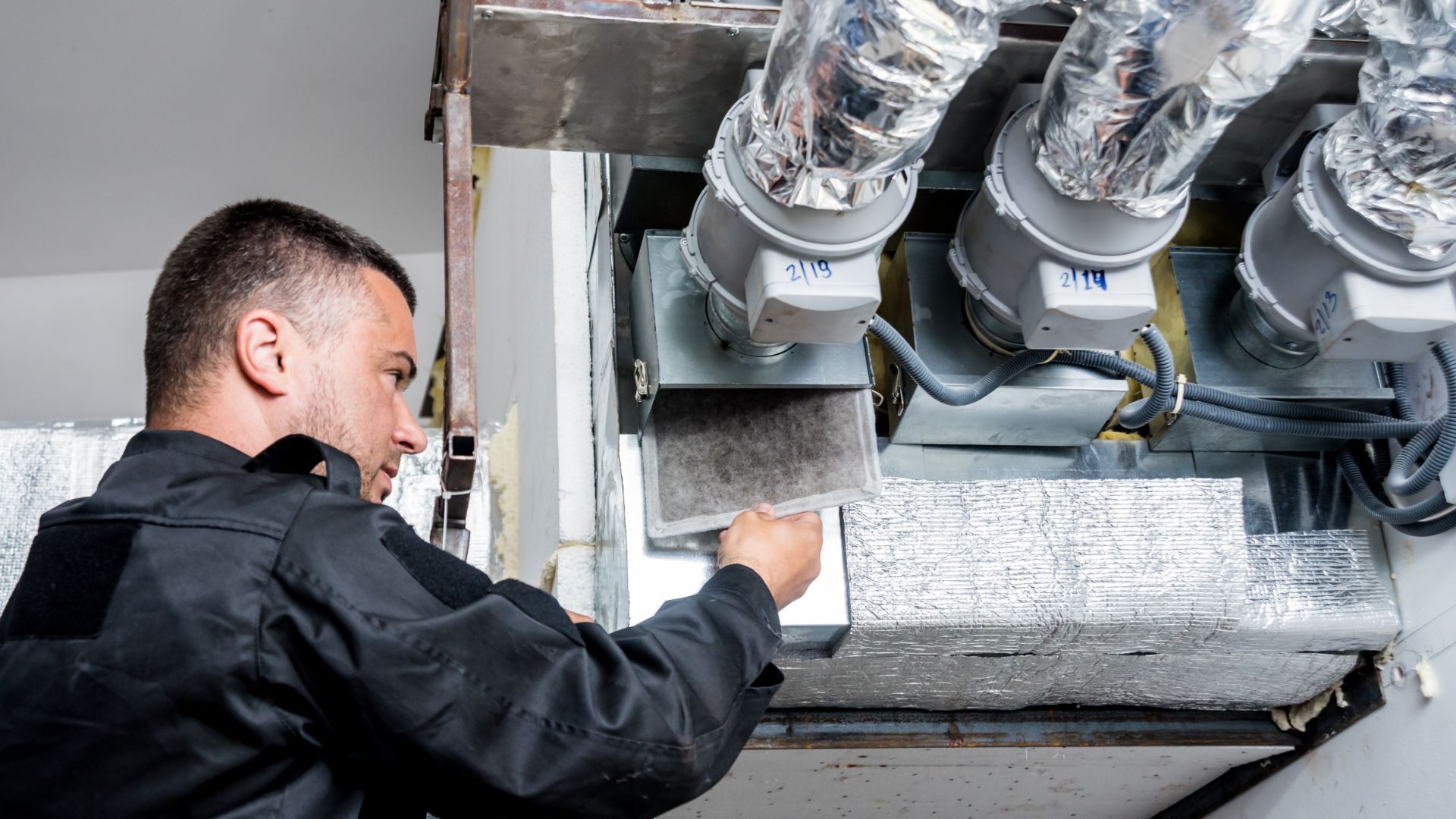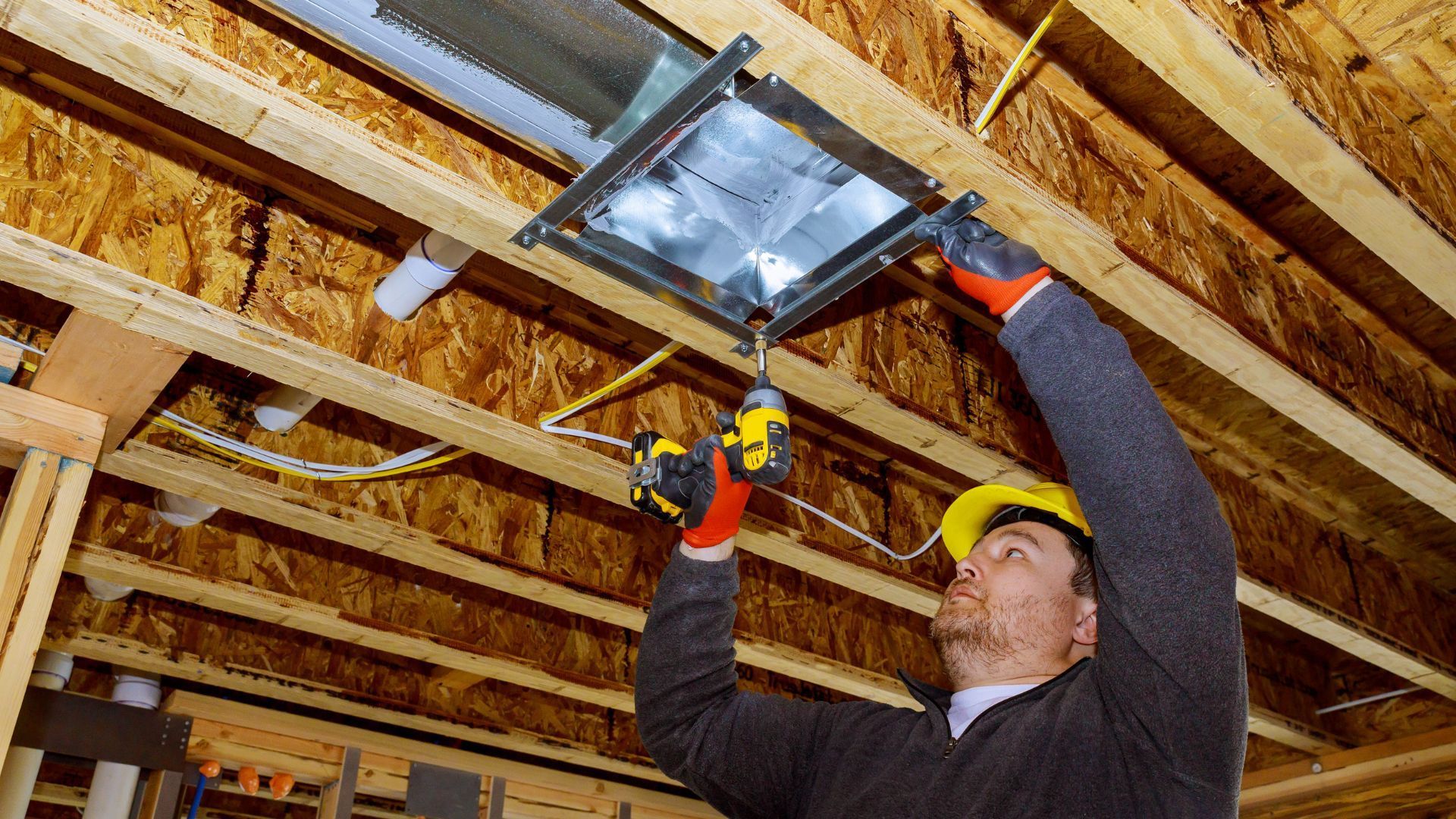Working Hours: Monday - Friday 08:00 AM - 04:30 PM
The Benefits of Using an Air Purifier
The Benefits of Using an Air Purifier
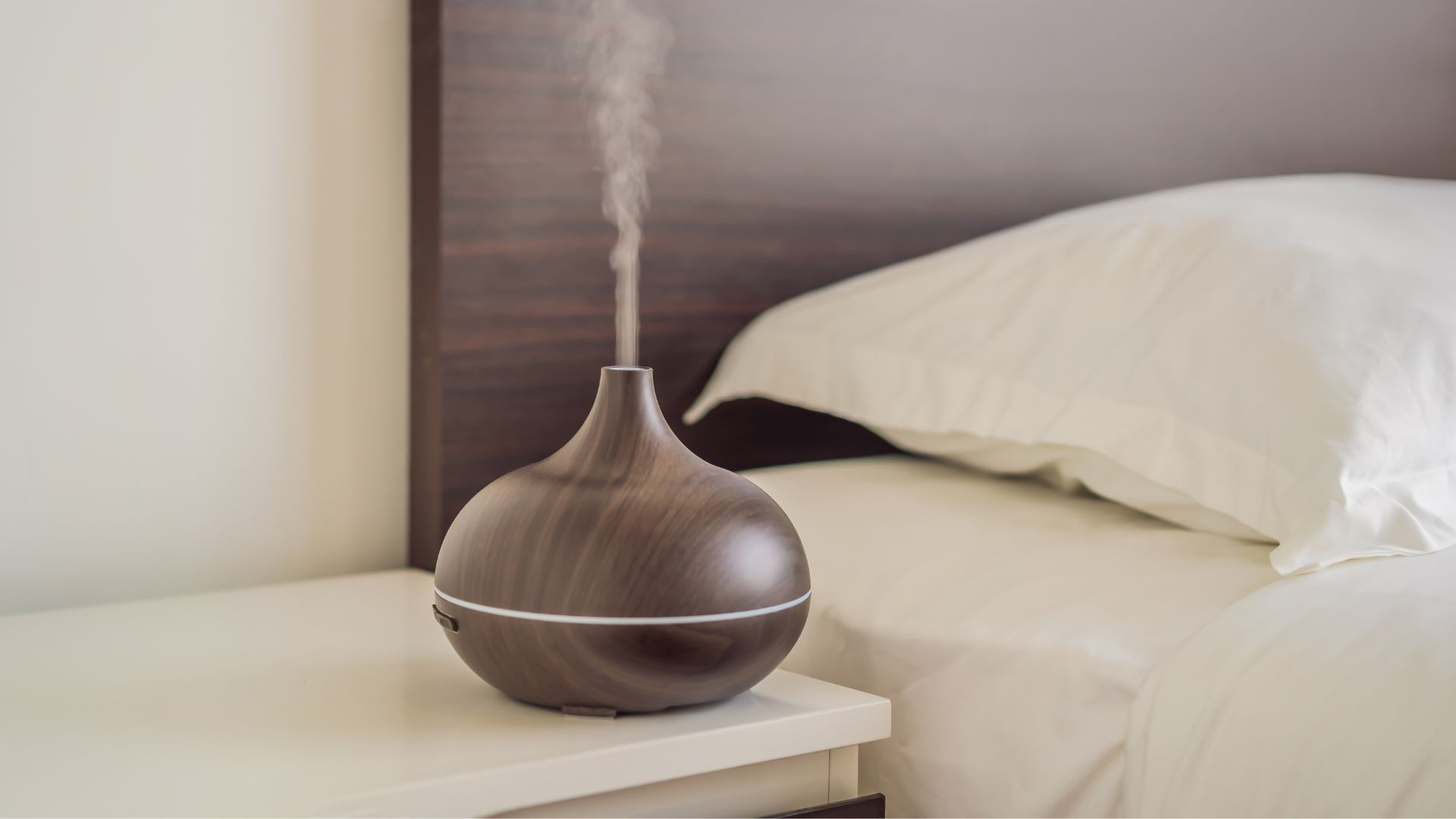
Air purifiers are devices that help to clean the air in a room or building. They work by pulling in air from the surrounding environment, filtering out any pollutants or contaminants, and then releasing clean air back into space.
The importance of clean air cannot be overstated. Poor air quality can have serious negative impacts on both our physical and mental health. It can cause or exacerbate respiratory issues, allergies, asthma, and even increase the risk of heart disease and cancer. That is why ensuring that the air we breathe is as clean and healthy as possible is important.
The sources of indoor air Pollution
- Dust and pet Dander
These small particles can become suspended in the air and inhaled, irritating the eyes, nose, and throat. They can also trigger allergies and asthma attacks.
- Mold And Mildew
These fungi can grow in damp or humid environments and release spores into the air. Inhaling these spores can cause respiratory issues and allergic reactions.
- Volatile organic compounds (VOCs)
These are gases that are emitted from certain materials or products, such as paints, cleaning supplies, and furniture. Inhaling high levels of VOCs can cause headaches, dizziness, and other health problems.
- Secondhand Smoke
The smoke produced by cigarettes, cigars, and other tobacco products can contain a wide range of toxic chemicals and particulates. Inhaling secondhand smoke can cause serious health problems, including cancer and heart disease.
- Carbon monoxide
This colorless, odorless gas is produced when fossil fuels are burned. It can be emitted from stoves, fireplaces, and gas appliances. Inhaling high levels of carbon monoxide can cause headaches, dizziness, and even death.
The Health Risks Of Poor Indoor Air Quality
- Allergies and Asthma
Many people are sensitive to the particles and gases found in indoor air. Breathing in these substances can trigger allergies or asthma attacks.
- Cardiovascular Disease
Some studies have shown that exposure to polluted air can increase the risk of heart disease and stroke.
- Cancer
Some pollutants found in indoor air have been classified as carcinogens, meaning they can cause cancer.
- Respiratory Issues
Inhaling polluted air can irritate the respiratory system, leading to coughing, shortness of breath, and other respiratory problems.
How Air Purifiers Can Help
- Removing Pollutants From The Air
Air purifiers use filters or other technologies to capture and remove pollutants from the air. This can help to reduce the levels of dust, pet dander, mold, VOCs, and other contaminants in the air.
- Improving Indoor Air Quality
By removing pollutants from the air, air purifiers can help to improve the overall air quality in a room or building. This can make the air easier to breathe and help to reduce the risk of respiratory and other health problems.
- Protecting The Health Of Occupants
By cleaning the air we breathe, air purifiers can help to protect our health and well-being. This is especially important for people who are sensitive to pollutants or who have existing respiratory issues.
Choosing The Right Air Purifier
There are many different types of air purifiers available, and it can be overwhelming to choose the right one for your needs. Some things to consider when choosing an air purifier include the following:
- Size Of The Room
It is important to choose an air purifier that is appropriately sized for the room where it will be used. A purifier that is too small may not be effective at cleaning the air in a large space, while a purifier that is too large may be less energy-efficient and create more noise.
- Type Of Filter
Different air purifiers use different types of filters to capture pollutants. Some common filters include activated carbon filters, which are effective at removing gases and odors, and HEPA (high-efficiency particulate air) filters, which are effective at capturing small particles.
- Maintenance Requirements
Some air purifiers require more maintenance, such as regular filter changes. Consider the maintenance requirements of different purifiers and choose one appropriate for your needs and lifestyle.
- Noise Level
Some air purifiers can be quite loud, which can be disruptive if you plan to use it in a bedroom or other area where you will be spending a lot of time. Consider the noise level of different purifiers and choose one appropriate for the location where it will be used.
Conclusion
In conclusion, air purifiers ensure clean, healthy air in our homes and other indoor spaces. They can help to remove pollutants and contaminants from the air, improve indoor air quality, and protect the health of the occupants. When choosing an air purifier, it is important to consider the size of the room, the type of filter, the maintenance requirements, and the noise level. Finding the right air purifier for your needs can improve your home's air quality and protect your health and well-being.
Want to improve the air quality in your home in London, Ontario? Visit us for a wide variety of excellent humidifiers!
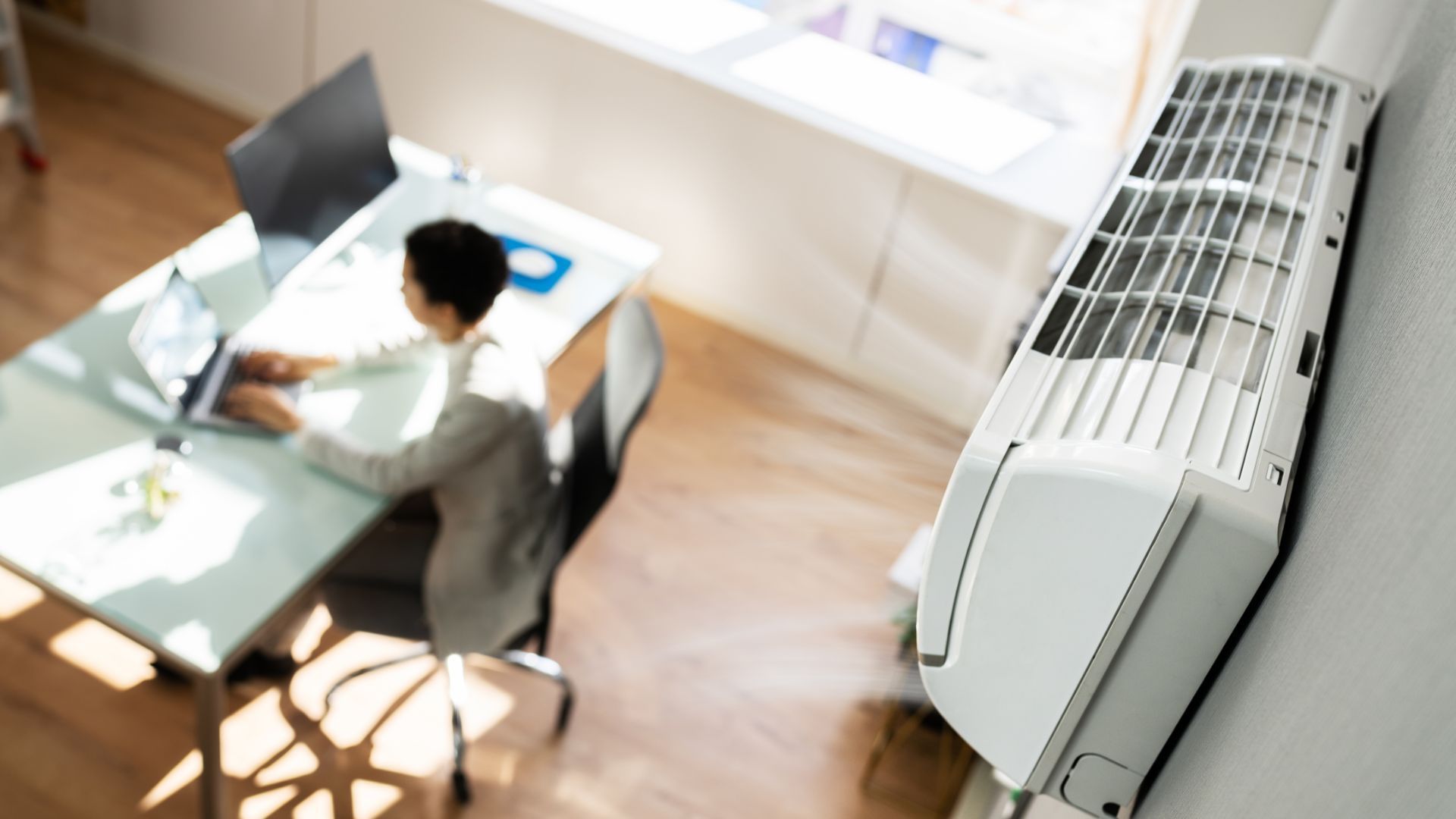
INFORMATION
176 Rectory St, London, ON N5Z 2A5, Canada
Follow us on Facebook
BROWSE OUR WEBSITE
EMERGENCY SERVICE

